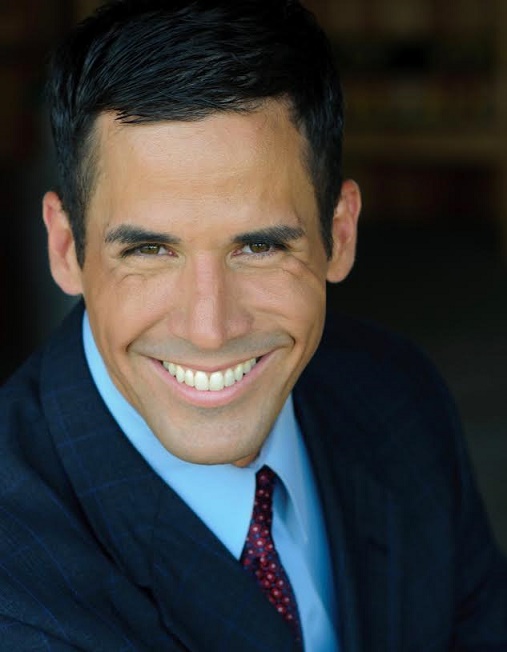Healthcare tends to breed confusion for consumers, as they are faced with a stream of information concerning possible treatment options and insurance information.
 "In healthcare there are a lot of moving parts," says Martin McCauley, director of patient services for Tampa, Fla.-based BioSpine Institute. "What ends up happening is the patient gets bounced around the system. They can sometimes slip through the cracks entirely."
"In healthcare there are a lot of moving parts," says Martin McCauley, director of patient services for Tampa, Fla.-based BioSpine Institute. "What ends up happening is the patient gets bounced around the system. They can sometimes slip through the cracks entirely."
To understand what a patient goes through, BioSpine developed a new communication process where patients aren't left waiting in the dark. The ASC created two concierge roles — a patient concierge and surgical concierge — to serve as a patient's direct point of contact throughout the entire surgical process.
The patient concierge
The ASC created the patient concierge role in April 2015. When selecting a candidate, BioSpine looked outside the medical field to find someone who could connect with the patient.
"There is a kind of attitude that can develop in a medical office where [staff] are calculated and disconnected from the patient experience," Mr. McCauley says. "We wanted someone with more a customer service-driven background who could put themselves in the patient's shoes."
Before a patient steps into BioSpine's office, they contact the patient concierge, whose primary role is to act as the patient's direct contact until he or she has an in-office appointment. A patient concierge may talk to a patient two or three times over a two week span before an in-office visit. The patient concierge records essential information such as the patient's name, address and list of symptoms prior to the appointment.
Based on the listed symptoms, the patient concierge can walk patients through possible conditions and treatment options. For instance, a patient may be concerned if he or she has degenerative disc disease. A patient concierge can educate patients about the disease and explain that it's typically a result of aging, rather than a serious underlying condition.
Many patients are confused about insurance and their out-of-pocket costs. The patient concierge relays the patient's insurance information to the billing office who can contact the payer for entire episode of care coverage. The patient concierge can definitively answer a patient's questions, putting less pressure on patients to obtain coverage figures from payers. After working with the patient concierge, the patient has an in-office appointment with a surgeon from BioSpine's team. If the surgeon and patient decide the best course of treatment is surgery, the surgical concierge comes into play.
The surgical concierge
BioSpine's surgical concierge is a nurse who guides the patient through different medical clearances, lab work and pre-op procedures. Additionally, the surgical concierge takes over as the patient's point of contact and assumes responsibility for coordinating the patient's medical and financial processes prior to the procedure.
To enhance communication with patients, BioSpine utilizes Salesforce. In Salesforce, every member of a patient's care team can access the information relevant to them. For instance, a payer only has access to the patient's insurance information.
"I liken it to a well-oiled communications machine in the best sense of the word," says Mr. McCauley. "It is efficient and makes sure everything is moving in the right direction. Extracting the right information at the right time is hard to do in an EHR. Salesforce allows us to manage the entire process."
The consumer-driven future
As premiums and out-of-pocket costs escalate, consumers demand quality care. Facilities cannot afford to dismiss a patient or leave questions unanswered, which is why BioSpine Institute is continuing to refine their concierge roles. The ASC plans to gather data to analyze what works and what needs to improve, as well as increase the amount of communication with patients to ensure they are on the same page every step of the way.
"In our minds, however you slice it, these are patients who need care," Mr. McCauley says. "We ask ourselves how care looks from the patient side and let that dictate what changes we make."
The healthcare industry will continue to revolve around the consumer and ASCs may have to implement roles such as concierges to stay afloat.
"ASCs have to do something. The status quo won't do," Mr. McCauley says. "What we have found is you can have the concept and create the position, but if you don't change the core process, it is an empty position. It is the underlying process that creates the problem. You need to change the process to support the position you envision."
More healthcare news:
4 reasons the healthcare industry should compensate physicians more
Children's Eye Care rebrands to Orland Eye Professionals — 5 highlights
5 legislative changes impacting ASCs — March 22, 2016

